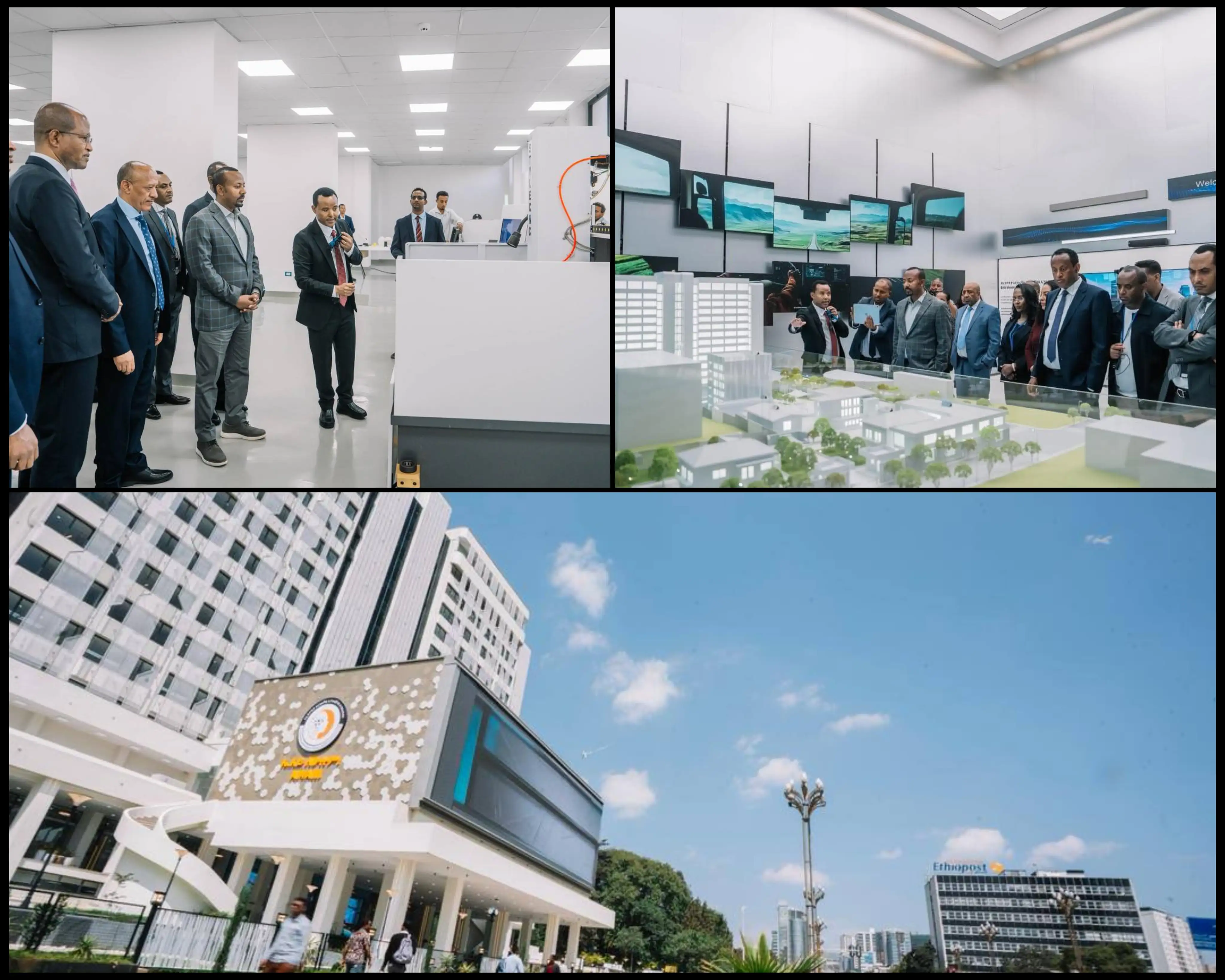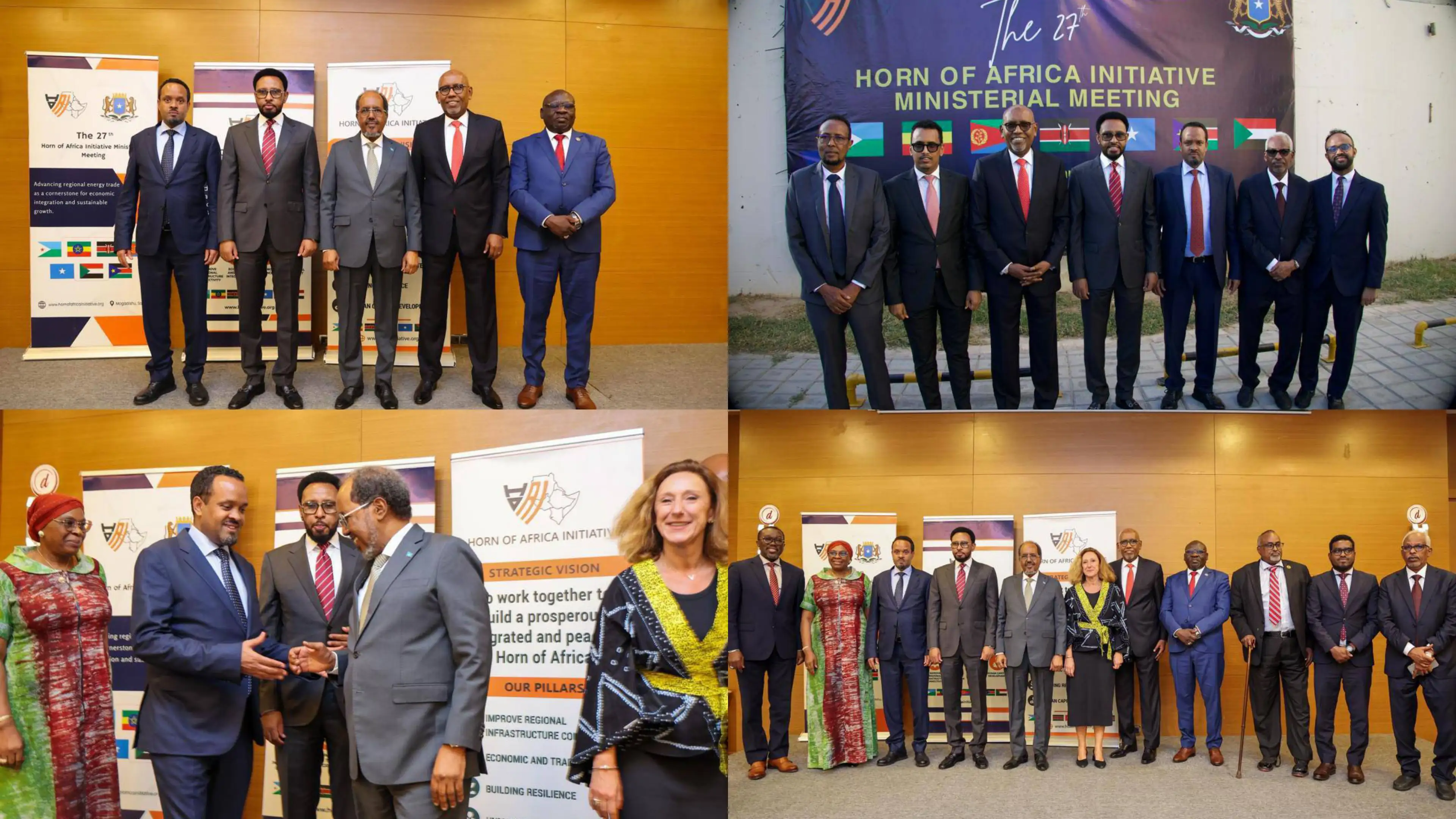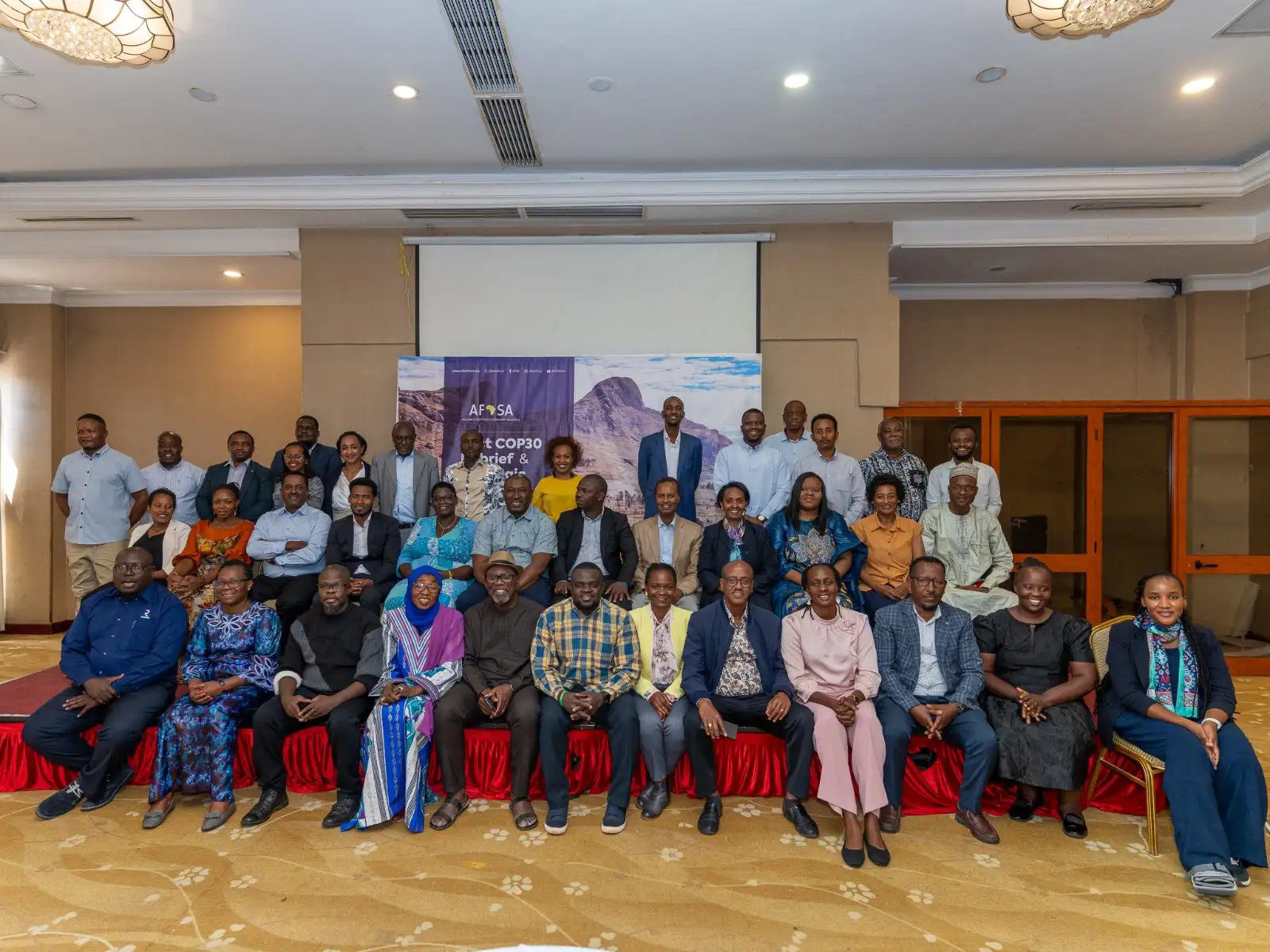Ethiopia has cemented its transition from an AI "spectator" to a "beneficiary," according to Prime Minister Abiy Ahmed (Ph.D.), who on Sunday inaugurated the new headquarters of the Ethiopian Artificial Intelligence Institute (EAII).
The Prime Minister stated that this monumental shift in technological focus is crucial for the nation to achieve its ambitious goal of becoming one of the 20 most powerful nations by 2050. He emphasized that Artificial Intelligence, which plays an "indispensable role in all sectors," is the key driver of this national aspiration.
The Prime Minister praised the EAII for its rapid progress, noting the institute achieved a remarkable transformation within one year to create a modern and convenient workplace.
"The Artificial Intelligence Center was born from the main source of our vision," said the Prime Minister. He indicated that the institution, which was initially established as a center in 2020/2021 (2013 E.C.), has elevated its status to an Institute. Its growth demonstrates Ethiopia's active participation in global technological competition.
The Institute has expanded its scope and is focusing on specialized functions, including: Computer Vision, AI and Robotics, Machine Learning, Natural Language Processing and Big Data.
Dr. Abiy highlighted several areas where the institute’s work is already yielding results: Mesob, One-Stop Service,Urban Security Enforcement, Police Applications, Customs Border and Bonded Warehouse Control, Disease and Crop Pest Identification, including scientific solution indication.
The Prime Minister also reiterated his long-standing focus on AI, recalling his call at a previous African Union Summit for the continental development of the technology to solve African problems. He emphasized that by creating this organized, focused institution, Ethiopia is setting an example for other African countries.
Furthermore, he stated there are plans to train a competent citizenry in the field to match the country’s population size and ensure the technology is used to increase productivity, improve service delivery, and enhance the quality of life for citizens.




